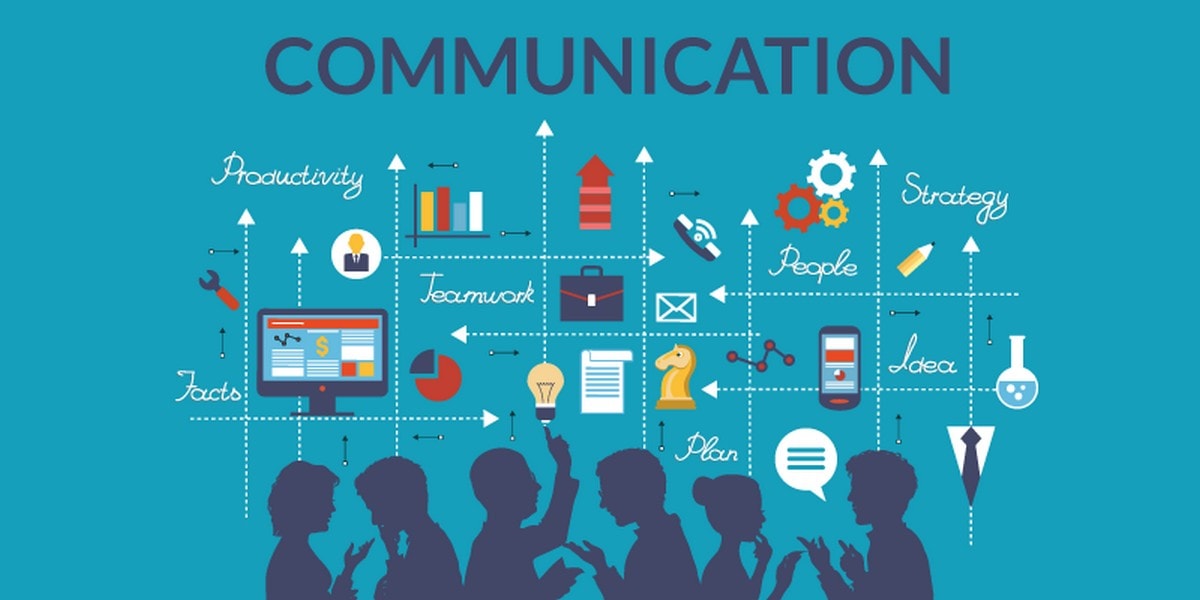 |
| image credit: www.wired-and-inspired.ca |
I tell you a story. You repeat it to someone else, who tells it to someone else and so on. In just a few tellings, the story I narrated has transformed into another story altogether. Try this. You'll see.
This is how rumour works as it spreads from person to person. Stories change completely as they go from ear to mouth to ear. How to they change? Why do they change? In what ways do they change? Read on to find out.
Most obvious to us all is the fact that the story becomes shorter in each telling. The extra, descriptive details are the first to go: whatever the listener's mind perceives as information not integral to the story is pushed aside or neglected and thus lost in the re-telling. This is because the mind discards what it perceives as an unimportant detail.
Of course, if a specific descriptor is of special interest to a particular listener, it will be retained however trivial and insignificant it may be. For instance, an obscure cricket statistic that does not have anything to do with the basic structure of events being recounted may be thrown into the story by the raconteur. This would not generally be included in subsequent reports, but if one of the listeners is an avid cricket fan, the detail would stick in her mind and she would definitely include it in her version of the story.
The shortening of a story also depends on several other factors such as:
- individual skills and experiences of a listener and his reasons for listening (what are you listening for--the broad strokes? the details? Your personal experience of stories like this, your interests, the way your own memory works etc.)
- the purpose of listening (do you have to take an exam based upon this story? are you listening for fun?)
- the compatibility between the vocabulary and language skills of the sender and the receiver (if you don't understand a concept or a word, you are likely to disregard it)
- the cultural connotations in the telling (I call this the unfamiliarity effect. Certain characteristics, events, idioms, expressions, stereotypes, archetypes etc. may not find any special resonance with you if you don't intimately know the socio-cultural foundations of the story)
- more, the speaker's audibility, enunciation, accent, vocal expression etc.
To go back to other changes, however, you must have noticed that some details are also added to the original story. I call this the "if it were so it would be better" syndrome. We are all storytellers. Once we have heard the story, it becomes our story to tell, so we tell it our way, with details we feel would make it a better story. Also, if we don't follow the logic of certain bits or if we feel certain parts of the story contain "faulty" information, our mind fills in the blanks and makes its own logical connections.
While the bare bones of the story mostly remain the same, the story changes in many ways, some subtle, some more obvious. The tone, tenor and mood of the story may change according to the teller. The emphasis on certain events and details may change. The logic of the story may alter. Sometimes, you may also be compensating for the perceived lack of storytelling skills of the person who told the story before you.
Other factors that affect information as it passes from one person to the other would be things like the emotional and mental state of the speaker and the listener (nervousness, anxiety, fear, euphoria, depression); the credibility, to you, of the person from whom you get the information; physical factors like noise, distance, smudges, distractions etc.











